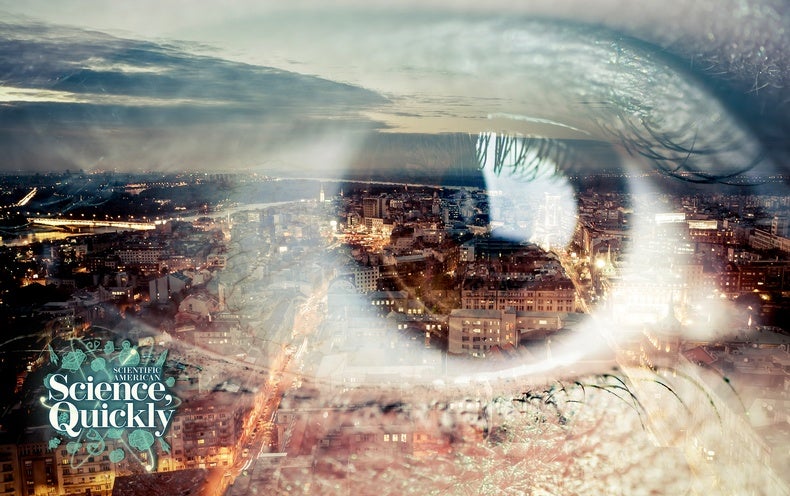Does Not Being Able to Picture Something in Your Mind Affect Your Creativity?
Researchers who study aphantasia, or the inability to visualize something in your “mind’s eye,” are starting to get a sense of how to accurately measure the condition and what it may mean for those who have it.
If I asked you to visualize, say, Harry Potter, you’d probably have no problem picturing him in your mind: a teenage wizard with black hair, glasses, a thunderbolt-shaped scar on his forehead and a wand in his hand. It would almost be as if you were pulling up a photograph in your head.
Continued here